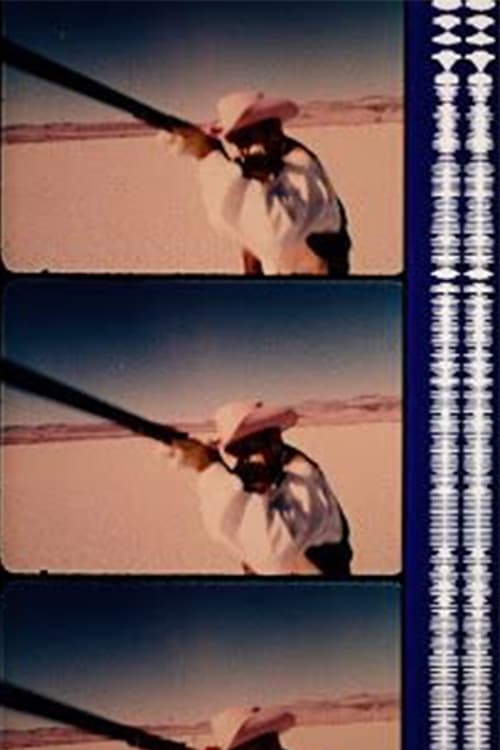Hardcore (1969)
-
Release07/30/1969
-
ProductionDilexi Foundation, KQED-TV
-
Rotten tomato60%
-
Original titleHardcore
-
Original languageen
-
Production Cost
-
0.00-
Overview
Filmed in Nevada's barren Black Rock Desert in July 1969, "Hard Core" opens with an establishing shot of an expansive blue sky immediately evoking the American West, which sets the scene for De Maria's innovative and experimental film. The work intercuts two differing cinematic approaches: one that explores the observational potential of the medium through wide-angle, 360-degree shots that pan over the changing desert landscape, and the other that appropriates familiar visual tropes taken from the Hollywood Western movie genre—such as pistols, Levi's jeans, boot spurs, and leather chaps—and implements them in a performance. The soundtrack is an edited compilation of two of De Maria's "drum compositions," "Cricket Music" (1964) and "Ocean Music" (1968), which creates a sense of anticipation for the viewer. In the last minute of the film, a series of unexpected events unfolds in rapid succession, producing a dramatic climax.
-
Director
-
Editor
-
Producer
Currently available to stream, watch for free, rent, and buy in the United States. You can makes it easy to find out where you can legally watch your favorite movies & TV shows online.
